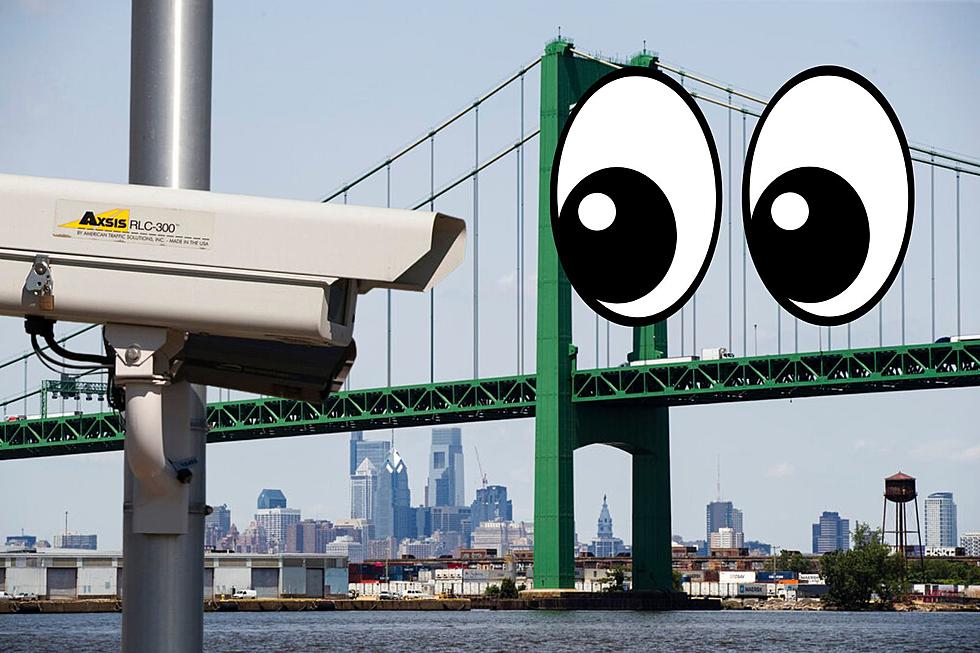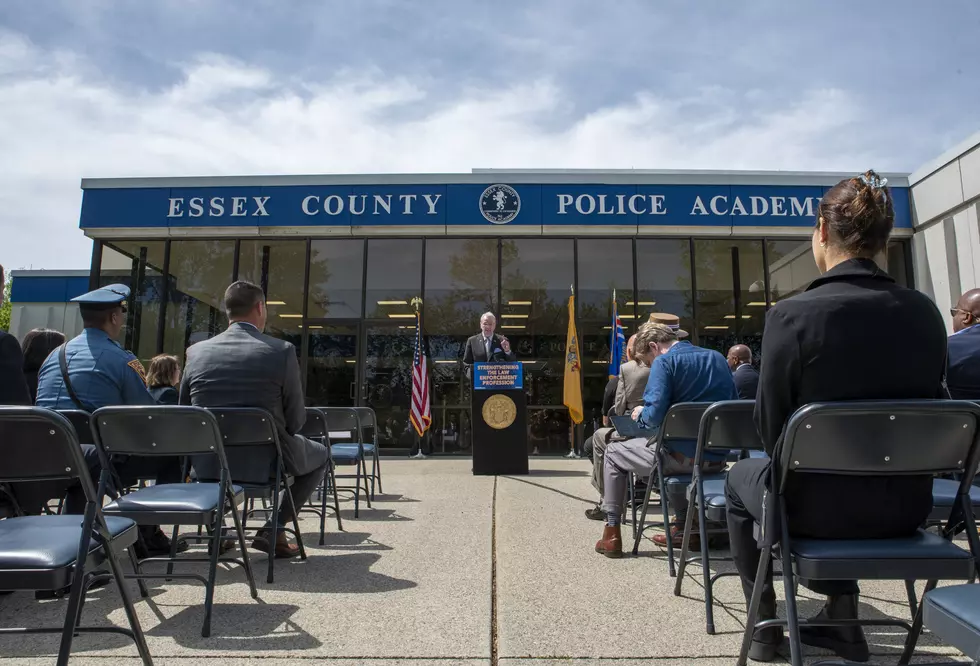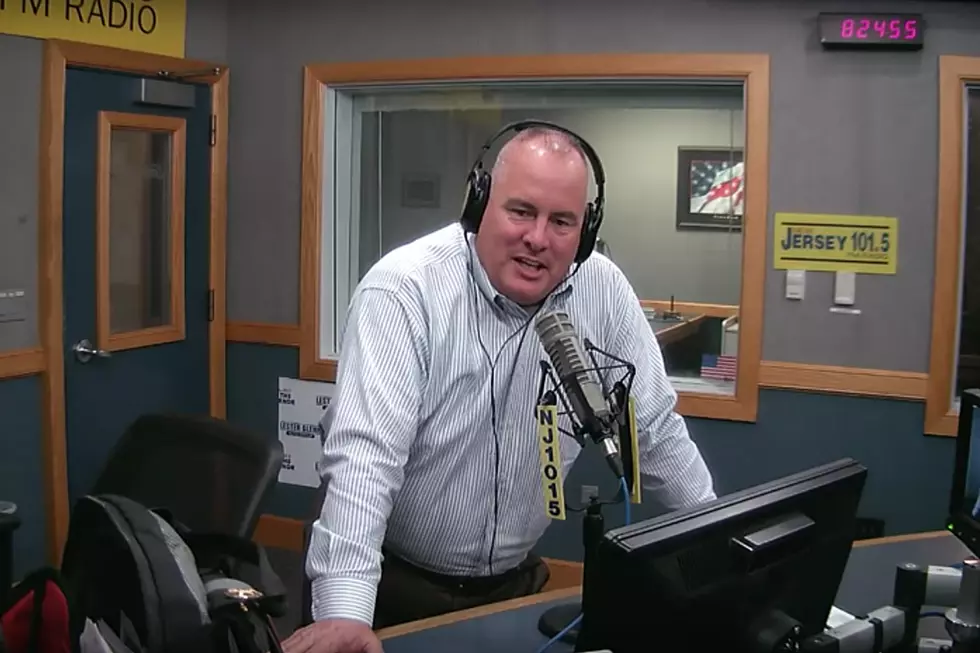
This is what NJ cops want you to do when you’re pulled over
Right now in New Jersey if you get pulled over by police at night you don’t have to turn on the interior light of your vehicle. But that could soon change.
The state Senate Law and Public Safety Committee passed a measure sponsored by state Sen. Linda Greenstein, D-Mercer, that would require the driver of a motor vehicle to turn on the interior light when stopped by a law enforcement officer when it’s dark.
“The purpose of this bill is to improve officer safety during a motor vehicle stop,” she said. “It’s always risky and having a light turned on is important to make sure everyone can see everything.”
Under current state law, there are only a few things you are legally required to do when an officer activates his red lights, but there are also some suggested actions as well, according to Pat Colligan, the president of the New Jersey State Policemen’s Benevolent Association.
• When you see those red lights in your rear view mirror, pull over when it’s safe to do so.
“You have to comply, it’s not an option for you to pull over, you can’t decide you’re going to pull away the officer is basically legally detaining you until he decides the stop is over,” said Colligan.
• Give the officer your driver’s license, insurance and registration.
“You have to comply with whatever the officer is asking for you legally, like your driving documents,” he said.
• Stay inside your vehicle.
“If you are stopped, never get out of your vehicle, never approach the officer. It puts us on a kind of a heightened sense of why is this person getting out of the vehicle and approaching,” he said.
Even if it’s not currently required by law, Colligan suggests drivers also:
• Turn on your interior light
• Keep your hands in plain view
“You don’t have to keep your hands on the steering wheel, we would just like to know where they are.
• Ask any passengers in your vehicle to put their hands in plain view as well (like on their lap)
"It’s one less thing that we have to do. We just want to be able to see everybody that’s inside and see everybody’s hands. It’s usually one officer to an entire car of occupants. It reduces our threat level and will help you get on your way as quickly as possible.”
• If your rear windows are tinted, lower them so the officer can see who is inside the vehicle
• Be polite
“If you’re respectful and comply with the officer’s orders, he’s got the discretion to not issue you a summons or issue a warning or issue a ticket, and hopefully you’ll end up on the winning side of that situation,” said Colligan.
• Get rid of old documents
"I would ask that people get rid of the 32 expired insurance cards in their glove compartment. It’s a dangerous situation when you’re pulled over ... and we don’t want to be there longer than we have to be. The number of expired registration and insurance cards is mind-boggling sometimes.”
“If a police officer turns on the flashing red lights behind you, it means he or she has probable cause to pull you over for some reason, so technically you’re detained at that point and really aren’t free to go," he said. "So to get into an argument when you’re initially pulled over, it really isn’t going to help your cause at all."
According to the American Civil Liberties Union of New Jersey, police can stop your car if they have probable cause that you committed a crime or traffic offense.
The nonprofit advocacy group adds:
— If stopped in a car, the driver must show license, registration, and insurance card.
— Police can search your car if they have a warrant, you give permission, or they develop probable cause.
— Police cannot ask to search your car unless they have specific suspicion there is evidence of a crime inside.
— Police may order a driver out of the car but may not order a passenger out unless they have a specific safety concern.
— If you are suspected of driving under the influence, refusal to take an alcohol screening test could result in loss of driving privileges.
More From New Jersey 101.5 FM









